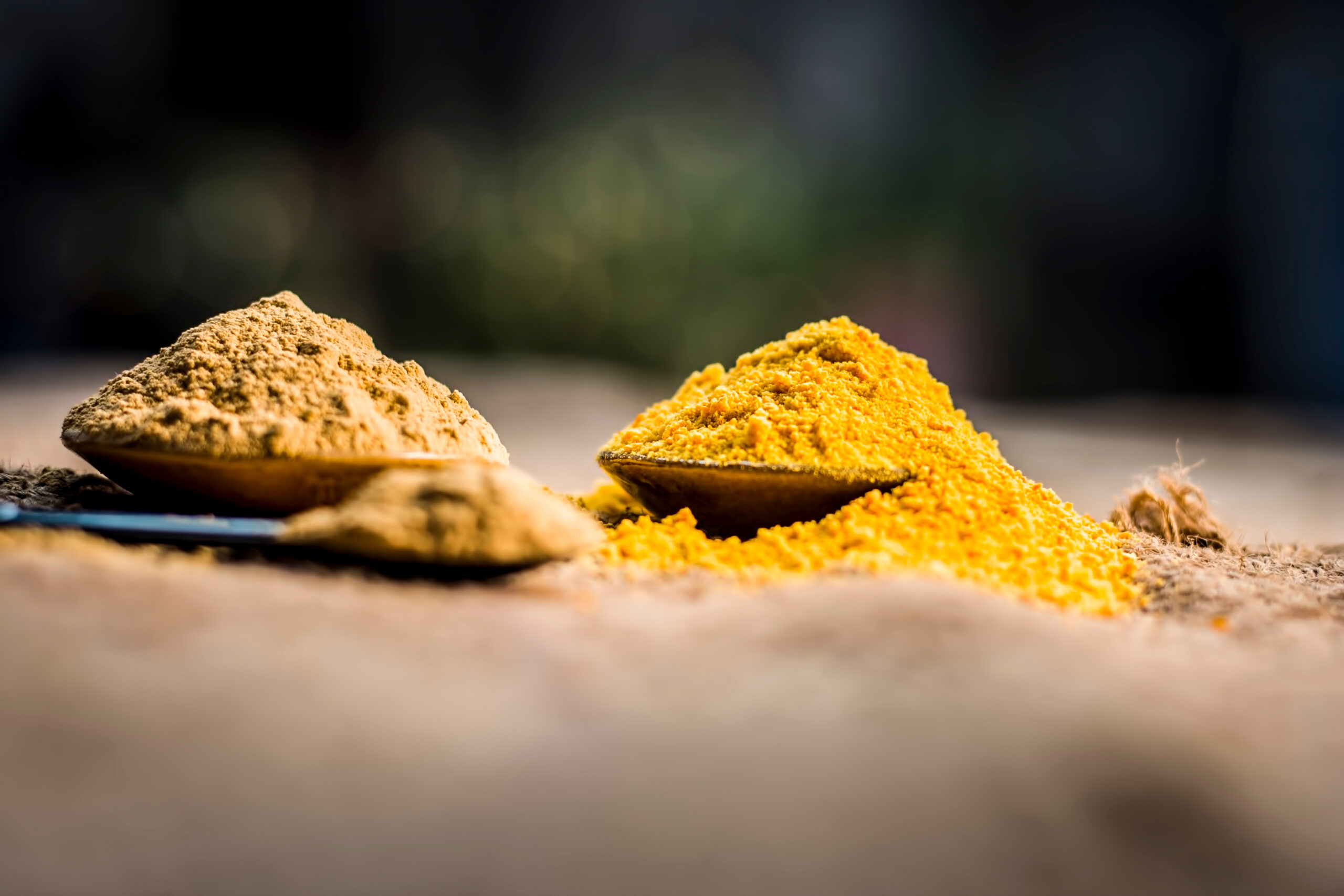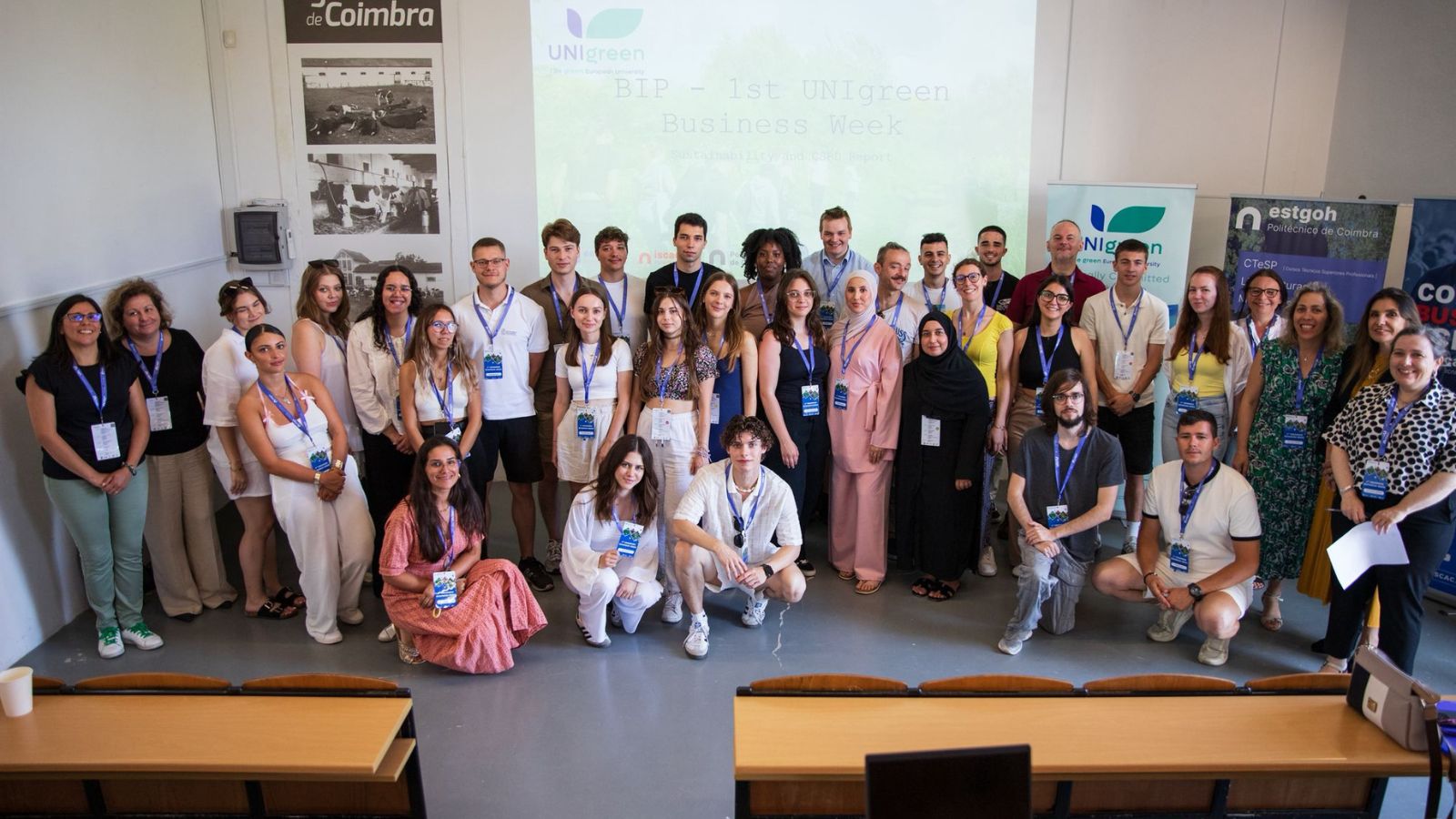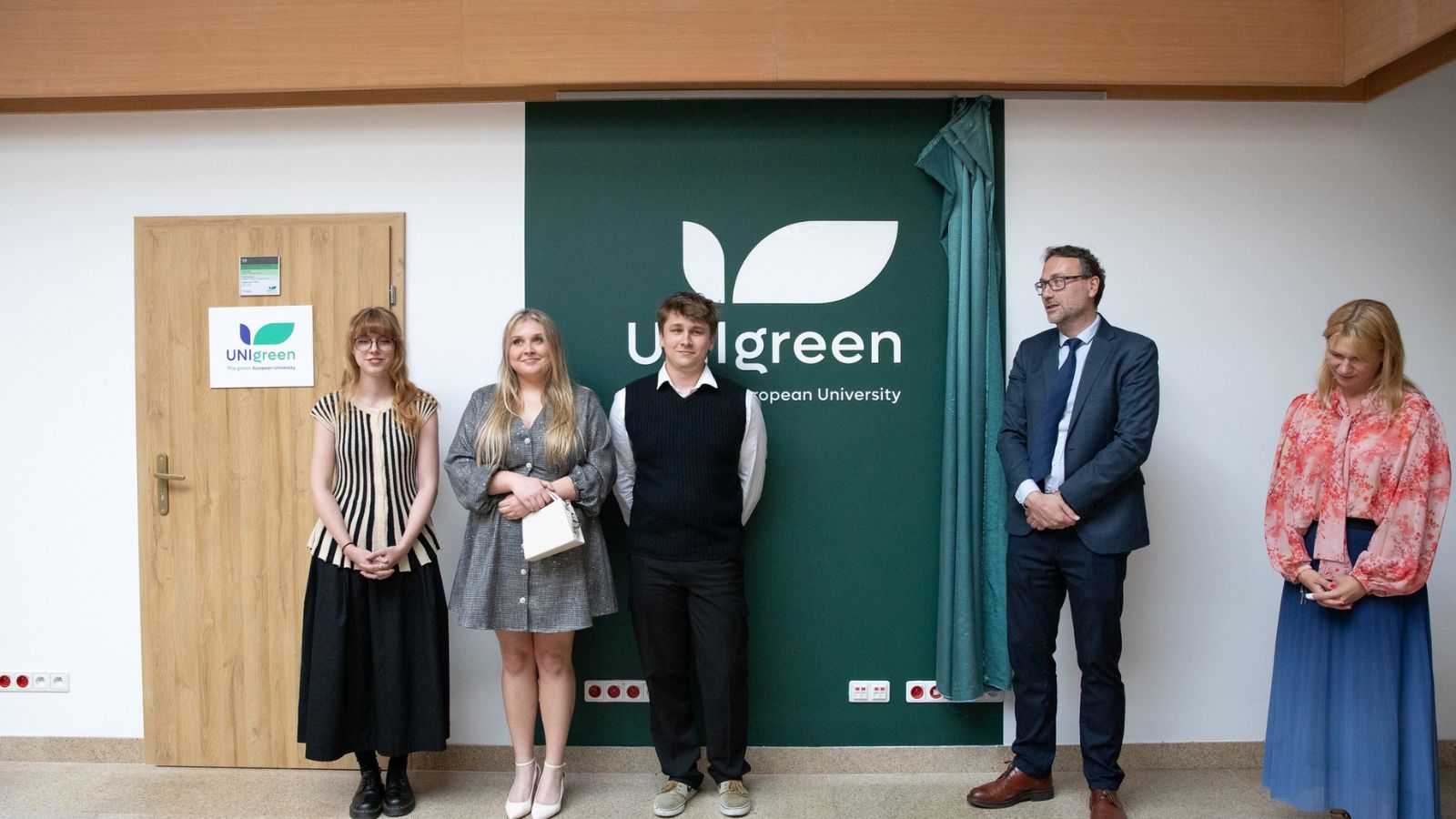New Sustainable Powders from Spent Osmotic Solutions
In a groundbreaking study published in Applied Sciences, researchers from the Warsaw University of Life Sciences (SGGW), along with partners from Portugal and Greece, have explored an innovative way to reduce food waste and promote circular economy practices in the food industry.
The team focused on “spent osmotic solutions” – sugary liquids left over after the dehydration of fruits like apples. Typically considered waste, these solutions still contain valuable nutrients and natural compounds. The researchers asked a simple but powerful question: could these by-products be turned into something useful?
Their answer came through spray drying – a technique widely used to turn liquids into powders. The scientists tested seven different osmotic solutions, including sucrose, two types of honey, fruit juice concentrates (apple, cherry, chokeberry), and mannitol, a sugar alcohol. To make the powders more stable, they used inulin, a natural fiber with prebiotic benefits, as a drying aid.
The results were promising. Solutions based on sucrose and buckwheat honey successfully transformed into powders with good physical properties like solubility and flowability – meaning they can easily be used in food production, from instant drinks to nutritional supplements.
However, not all mixtures behaved the same. Fruit juice concentrates and acacia honey proved trickier to dry, largely due to their stickiness and sugar composition, which caused low yields and processing challenges. Interestingly, mannitol – though dried without any carrier – produced fine, crystalline powders, but its small particles made recovery from the dryer more difficult.
Despite some hurdles, the study highlights real potential for repurposing waste streams into high-value food ingredients. In particular, using inulin as a healthier alternative to traditional additives like maltodextrin adds a nutritional bonus.
As food producers increasingly seek sustainable solutions, this research provides a roadmap for turning what was once discarded into functional, eco-friendly products. With further refinement, the approach could support zero-waste goals and reduce reliance on synthetic ingredients across the food sector.
This international collaboration, supported by UNIGREEN European University, reflects how science can contribute to a more sustainable and resource-efficient food system – one powdered ingredient at a time.




